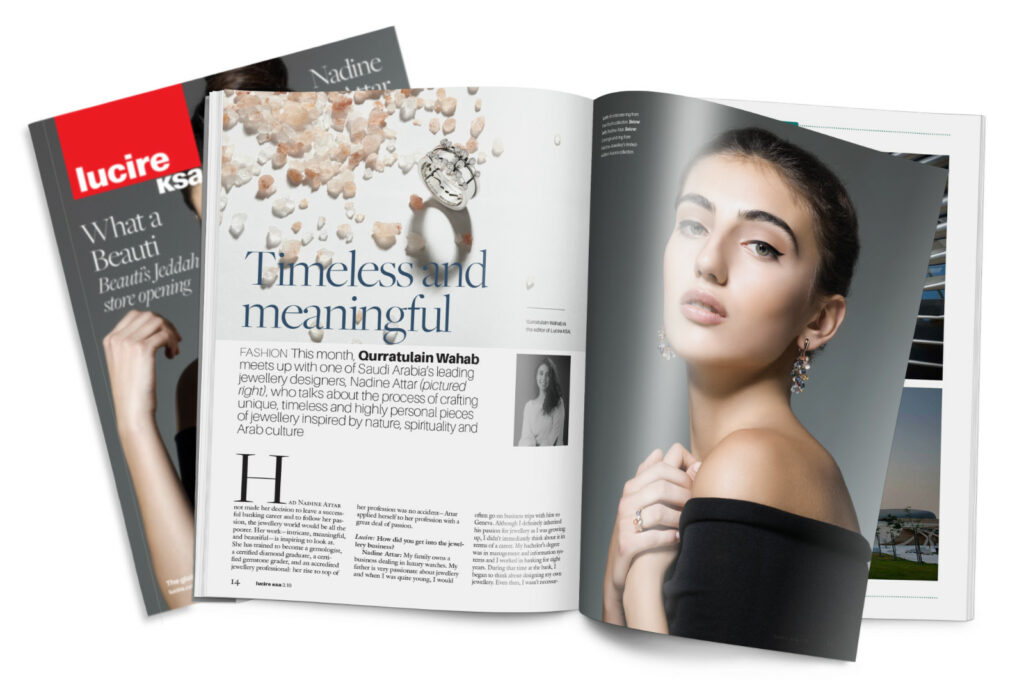From me, link removed. Guess what year? There is one thing Google does not seem to do very well any more: search. That’s an exaggeration, but I have been really surprised at things that it has failed to find of late. For example: stuff on this blog. It is not to do with age: Google […]
Read More… from Google’s had issues with PHP pages for a long, long time
